Baseball's owners are dooming the sport
If MLB's owners don't care about the game, why should fans?

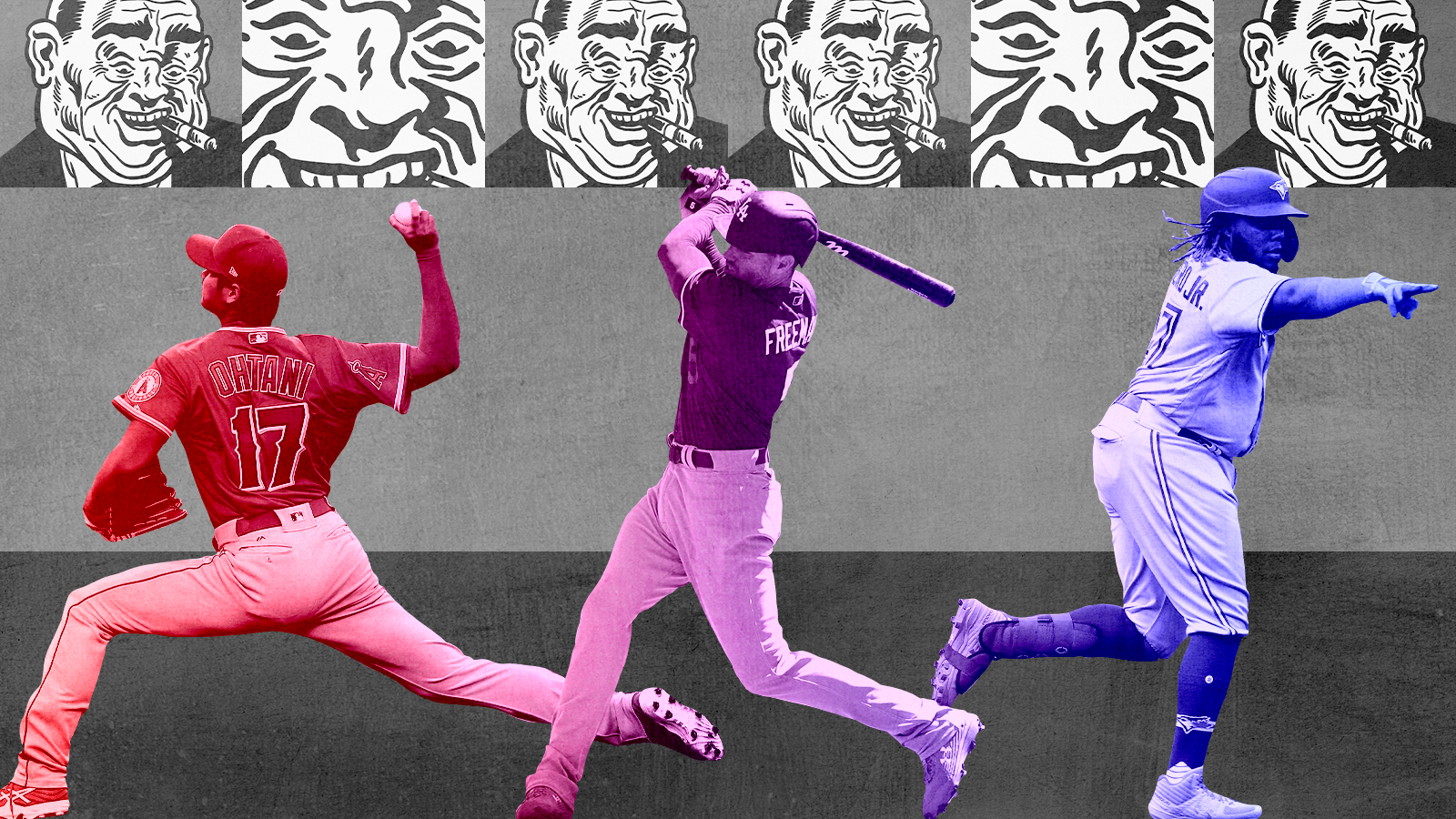
A free daily email with the biggest news stories of the day – and the best features from TheWeek.com
You are now subscribed
Your newsletter sign-up was successful
I don't really care about baseball anymore. Before I was old enough to remember, my dad taught me how to love it — which is how these things frequently go — but as I grew up, I drifted away, and going to a football school put the last nail in it. I don't think I've watched a game since 2017.
So I don't care about baseball, but I'm just some guy. But you know who else doesn't care about baseball? The guys who own the baseball teams.
MLB pulls in billions of dollars a year — of course it's about the money. But so is the NFL, and I don't think anyone doubts that NFL owners like football, enjoy watching football, and care about the success of their football teams. The baseball owners? Harder to say.
The Week
Escape your echo chamber. Get the facts behind the news, plus analysis from multiple perspectives.

Sign up for The Week's Free Newsletters
From our morning news briefing to a weekly Good News Newsletter, get the best of The Week delivered directly to your inbox.
From our morning news briefing to a weekly Good News Newsletter, get the best of The Week delivered directly to your inbox.
Rob Manfred, the commissioner they've chosen to represent their interests, claimed that buying an MLB franchise is less profitable than just putting the money in the stock market. In other words, the owners are just in it for the love of the game. But the numbers don't bear this out; David Glass purchased the Kansas City Royals in 2000 for $96 million and sold them in 2019 for $1 billion, doing at least twice as well as he would have by putting the money in the S&P 500.
Manfred, like the owners, doesn't care about baseball. He thought a press conference dedicated to announcing that an inability to resolve the owner lockout had forced him to cancel games was an appropriate time to laugh and yuk it up. He has also referred to the World Series trophy as "a piece of metal." Other people — most notably the players who actually make the game of baseball happen — care a great deal about these things. Manfred does not, and the owners keep him around because he and they are aligned.
The commissioner doesn't understand that people may have emotional attachments to things like "baseball games being played" and "the World Series trophy." The owners don't understand that people may have emotional attachments to superstar players who have played their entire careers with the same franchise. This has always, lamentably, been a problem for small-market teams facing budgetary constraints (although some of them have a great thing going for themselves by taking the revenue-sharing money they receive and then not spending it on player salaries).
But in recent years, even big-market teams have gotten in on the fun of cost-cutting. This offseason, the Braves failed to resign Freddie Freeman, their superstar first baseman who had just led them to a World Series victory after playing all 12 seasons of his career in Atlanta, even though Freeman wanted to stay. Instead, they went out and traded for Matt Olson, another star first baseman, and promptly handed him an extension that was slightly cheaper than the contract the Dodgers ended up giving Freeman. Two offseasons ago, the Boston Red Sox — the Boston Red Sox — traded Mookie Betts, one of the two best players in baseball at the time who, again, had spent his whole career playing for Boston to that point, to the Dodgers, all so that they could dump pitcher David Price's bloated contract and get not much of great value in return. Betts and Freeman should have spent their whole careers being beloved by the fans of Boston and Atlanta.
A free daily email with the biggest news stories of the day – and the best features from TheWeek.com
Instead, they both now play for the Dodgers, one of the few teams that isn't afraid to spend money and go over the luxury tax that almost every team pretends is a hard cap. Even the Yankees are unwilling to trigger the maximum repeater penalty by going over the tax line three years in a row. (George Steinbrenner could not be reached for comment.) The other owners are so scared of Steve Cohen, the new owner of the Mets and the richest non-corporation owner in baseball, that they imposed another tier of luxury tax at $290 million. Cohen, for his part, plans to eventually have to pay it. Good for him.
Even if the owners aren't jettisoning your team's beloved star, you may have trouble watching him play. A Friday night double-header will now be on Apple TV+ instead of the regional sports networks (RSNs) that have traditionally carried most games. And Sinclair, which owns about half the regional sports networks, has kept its RSNs off of streaming options like YouTube TV and Hulu for over a year now. There is also a Bally Sports app (Sinclair sold the naming rights to a casino operator), which you may have to download to your TV if you get your Sinclair-owned RSN through cable. The average MLB fan is 57 years old; there are plenty of even older people who have watched baseball all their lives and who will have little ability to navigate this mess. Making the games difficult and expensive to watch won't help the game grow among younger fans, either.
Is there any hope, or will the owners continue to squeeze every last dollar they can out of the sport while baseball goes the way of boxing? I don't find much reason for optimism. The only potentially exciting thing I could see happening is the current embrace of sports betting and all the money it can bring in by MLB blowing up in their faces. After all, a previous generation of baseball owners was once so invested in making as much money as possible that they turned a blind eye to the influence of gambling on the game — and the Black Sox scandal almost ruined everything. They were very lucky that Kenesaw Mountain Landis and Babe Ruth managed to save the game in the esteem of the public.
I don't think it could realistically happen again. The players make way more money now than they did 100 years ago. And if it did, it would be a disaster for anyone who cares about baseball in any way.
But the owners would deserve it.
Steve Larkin is a writer from the state of Maine. His writing has appeared in The Week, the Catholic Herald, and other publications.
-
 The Olympic timekeepers keeping the Games on track
The Olympic timekeepers keeping the Games on trackUnder the Radar Swiss watchmaking giant Omega has been at the finish line of every Olympic Games for nearly 100 years
-
 Will increasing tensions with Iran boil over into war?
Will increasing tensions with Iran boil over into war?Today’s Big Question President Donald Trump has recently been threatening the country
-
 Corruption: The spy sheikh and the president
Corruption: The spy sheikh and the presidentFeature Trump is at the center of another scandal
-
 The 9 best steroid-free players who should be in the Baseball Hall of Fame
The 9 best steroid-free players who should be in the Baseball Hall of Famein depth These athletes’ exploits were both real and spectacular
-
 2 MLB pitchers charged with rigging throws for bets
2 MLB pitchers charged with rigging throws for betsSpeed Read Cleveland Guardians pitchers Emmanuel Clase and Luis Ortiz have been indicted
-
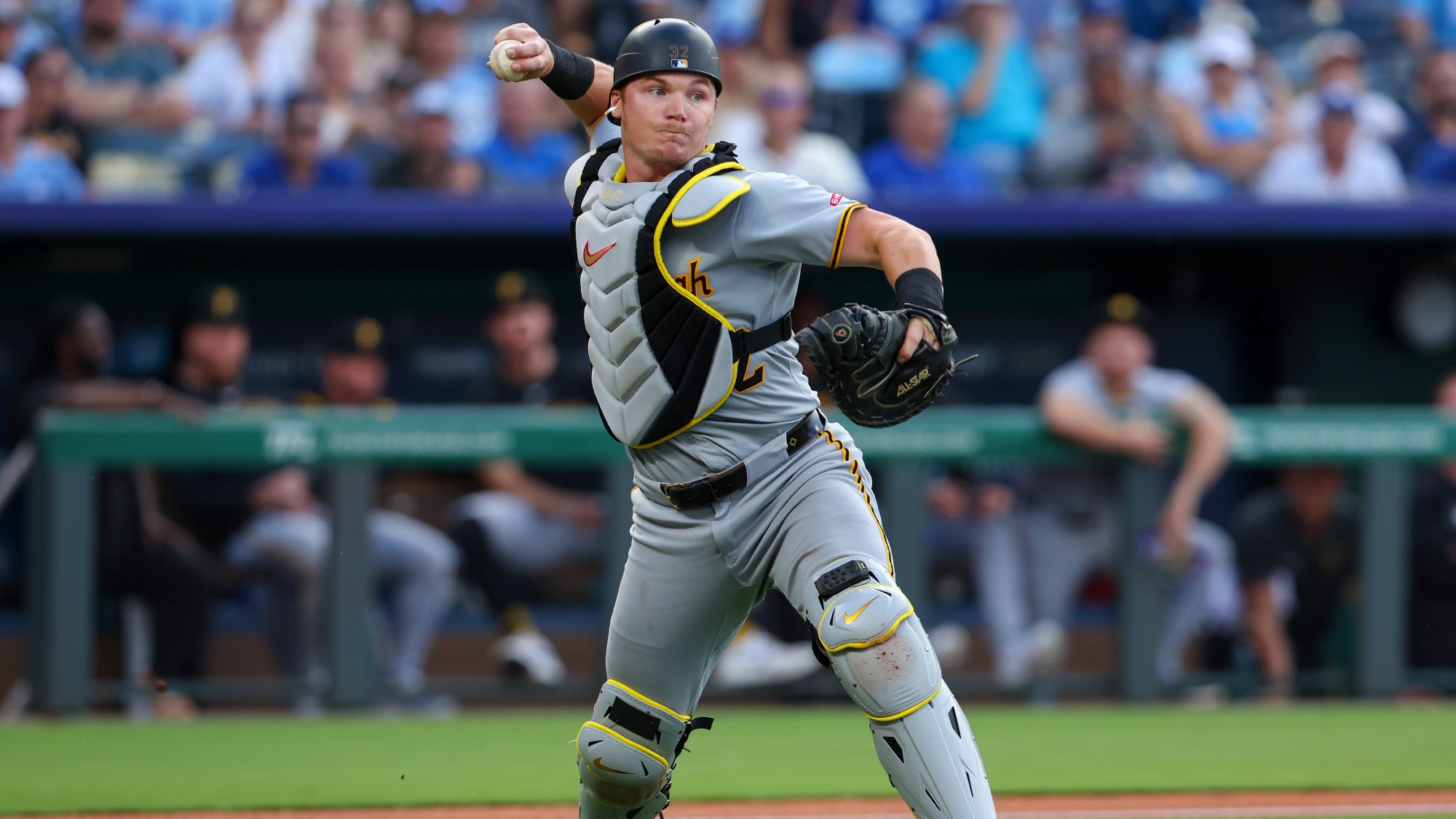 Biggest No. 1 draft pick flops in MLB history
Biggest No. 1 draft pick flops in MLB historyin the spotlight Injuries, bad luck and disappointing performances result in draft infamy for these unlucky players
-
 Have the Rockies reached a breaking point?
Have the Rockies reached a breaking point?the explainer Baseball's most aimless franchise takes aim at a record set just last year
-
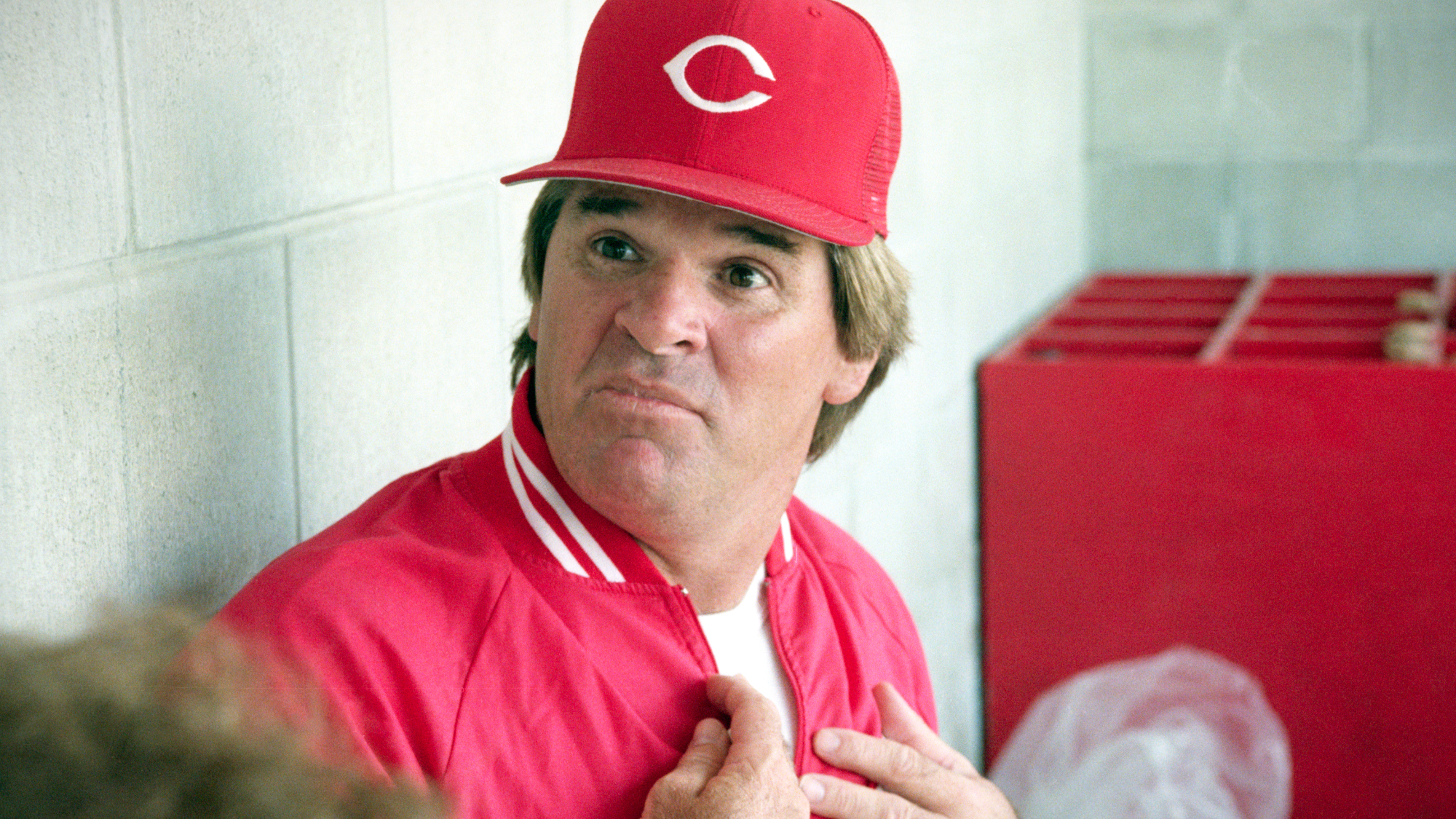 MLB lifts ban on Pete Rose, other dead players
MLB lifts ban on Pete Rose, other dead playersspeed read 16 deceased players banned for gambling and other scandals can now be inducted into the Baseball Hall of Fame
-
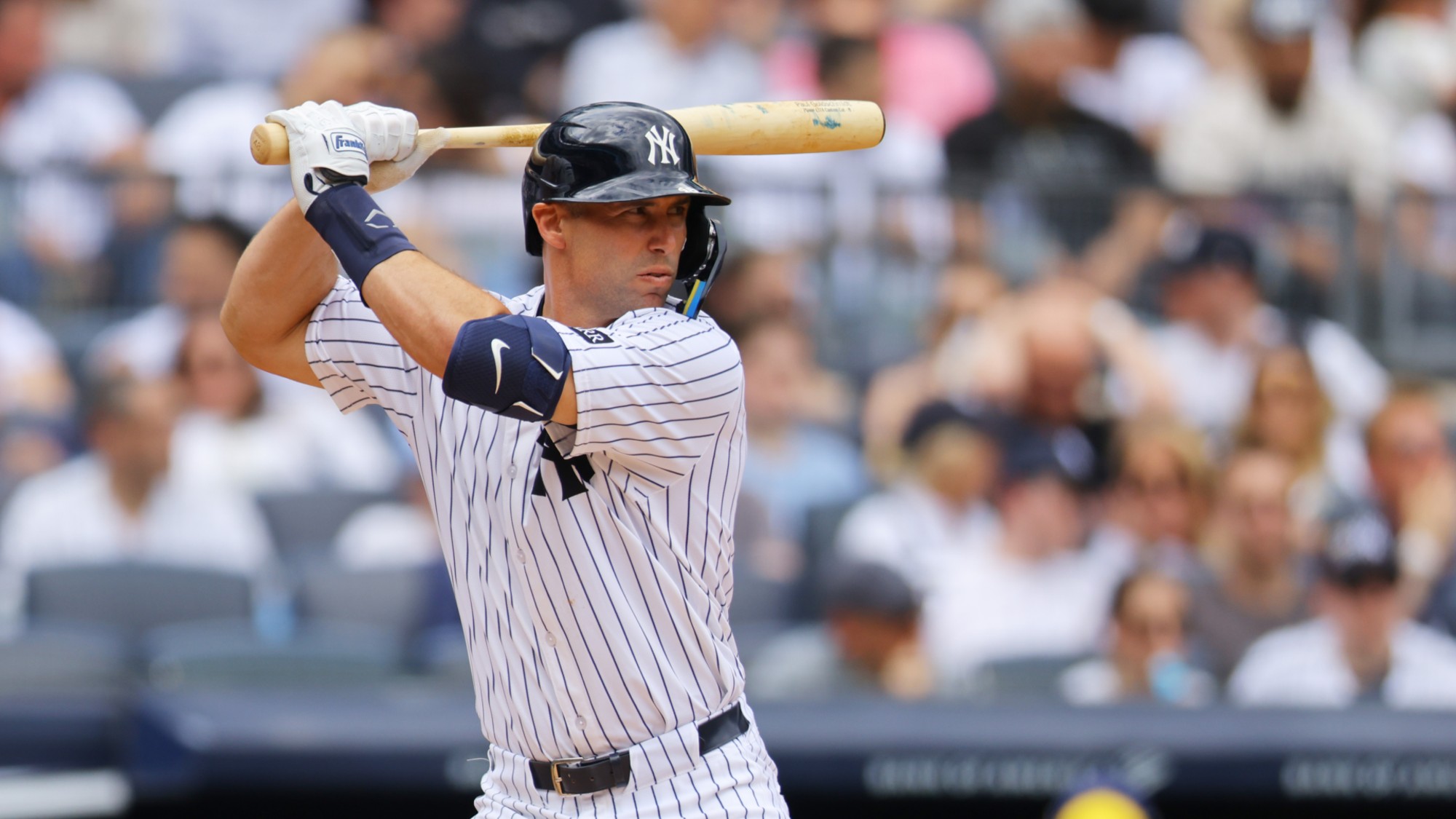 Torpedo bats could revolutionize baseball and players are taking notice
Torpedo bats could revolutionize baseball and players are taking noticeIn the Spotlight The new bats have been used by the New York Yankees with tremendous success
-
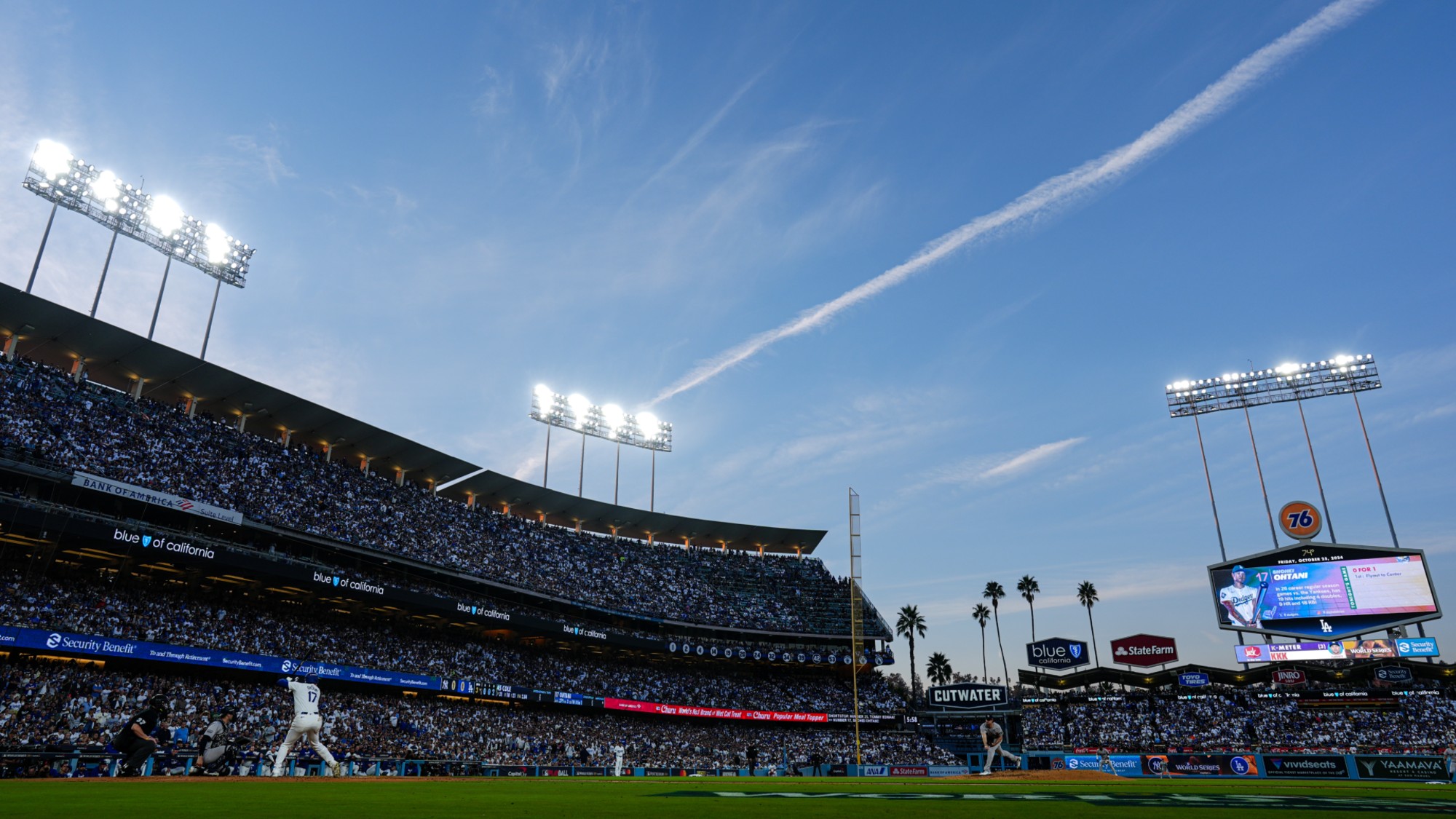 Dodgers' spending spree renews push for salary cap
Dodgers' spending spree renews push for salary capThe Explainer Spending limits might not be the answer that smaller market teams are looking for
-
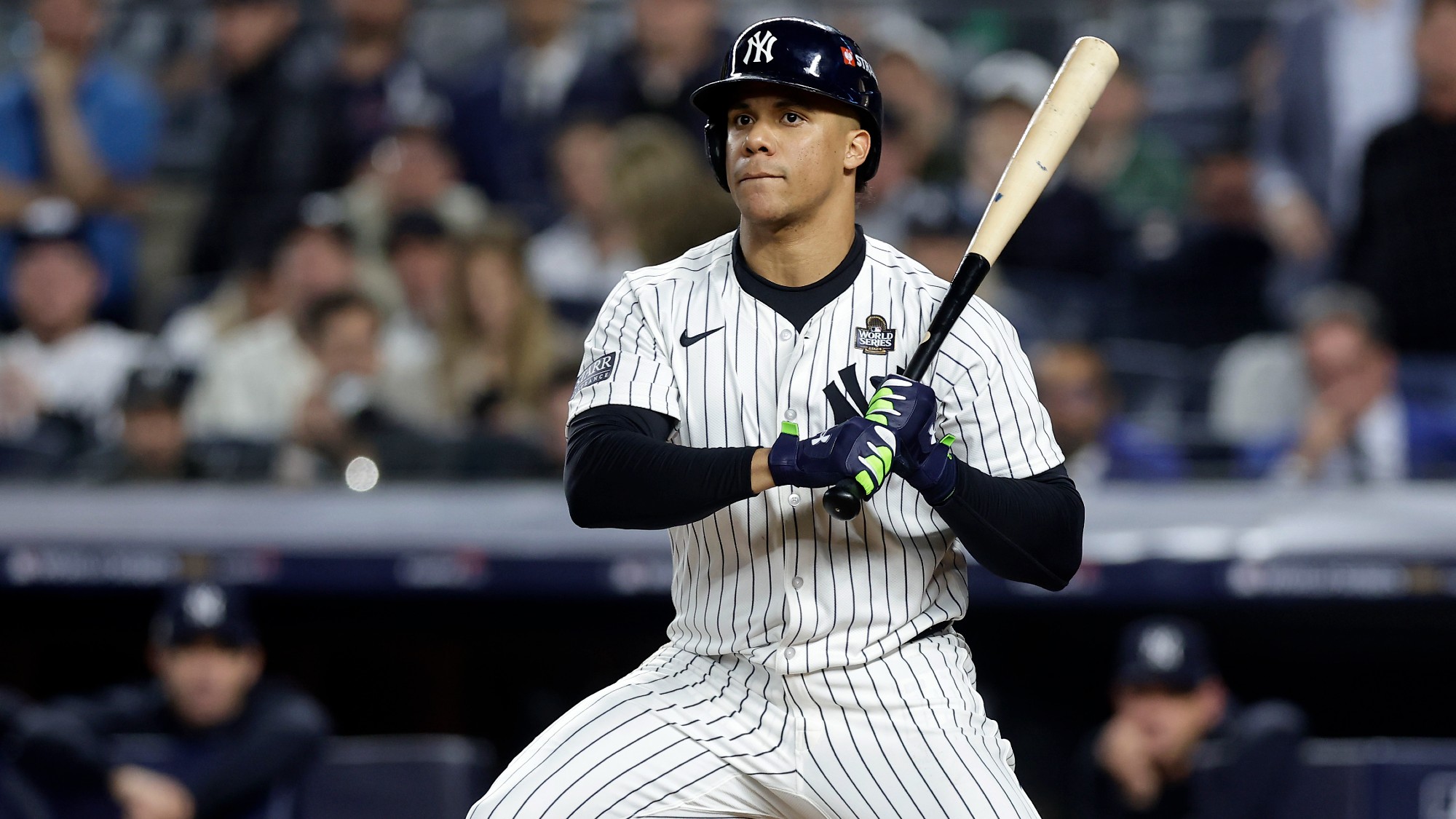 How much is Juan Soto worth?
How much is Juan Soto worth?Today's big question Will the New York Mets regret the record-setting mega-contract signed by the coveted outfielder?
